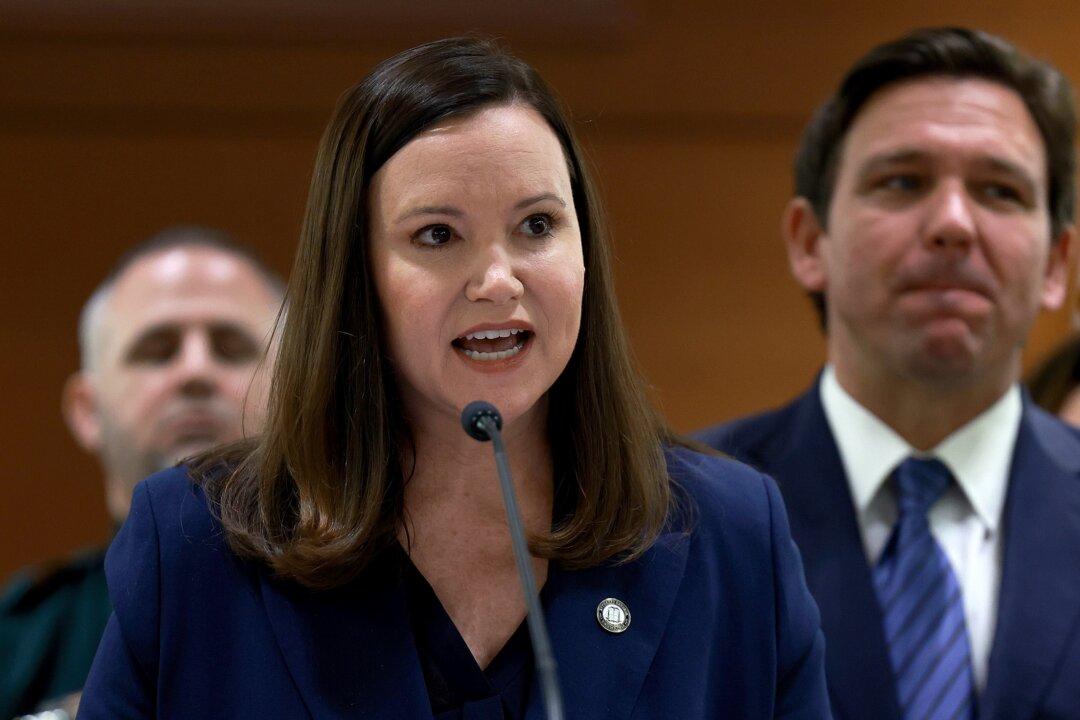Florida Attorney General Ashley Moody filed another lawsuit against the Biden administration for federal overreach on Dec. 21.
Filing with the attorneys general from 20 other states, the lawsuit challenges President Joe Biden’s new rule requiring all states with the National Highway System to set “arbitrary emission targets” as part of the administration’s efforts to reduce carbon dioxide (CO2) emissions.





